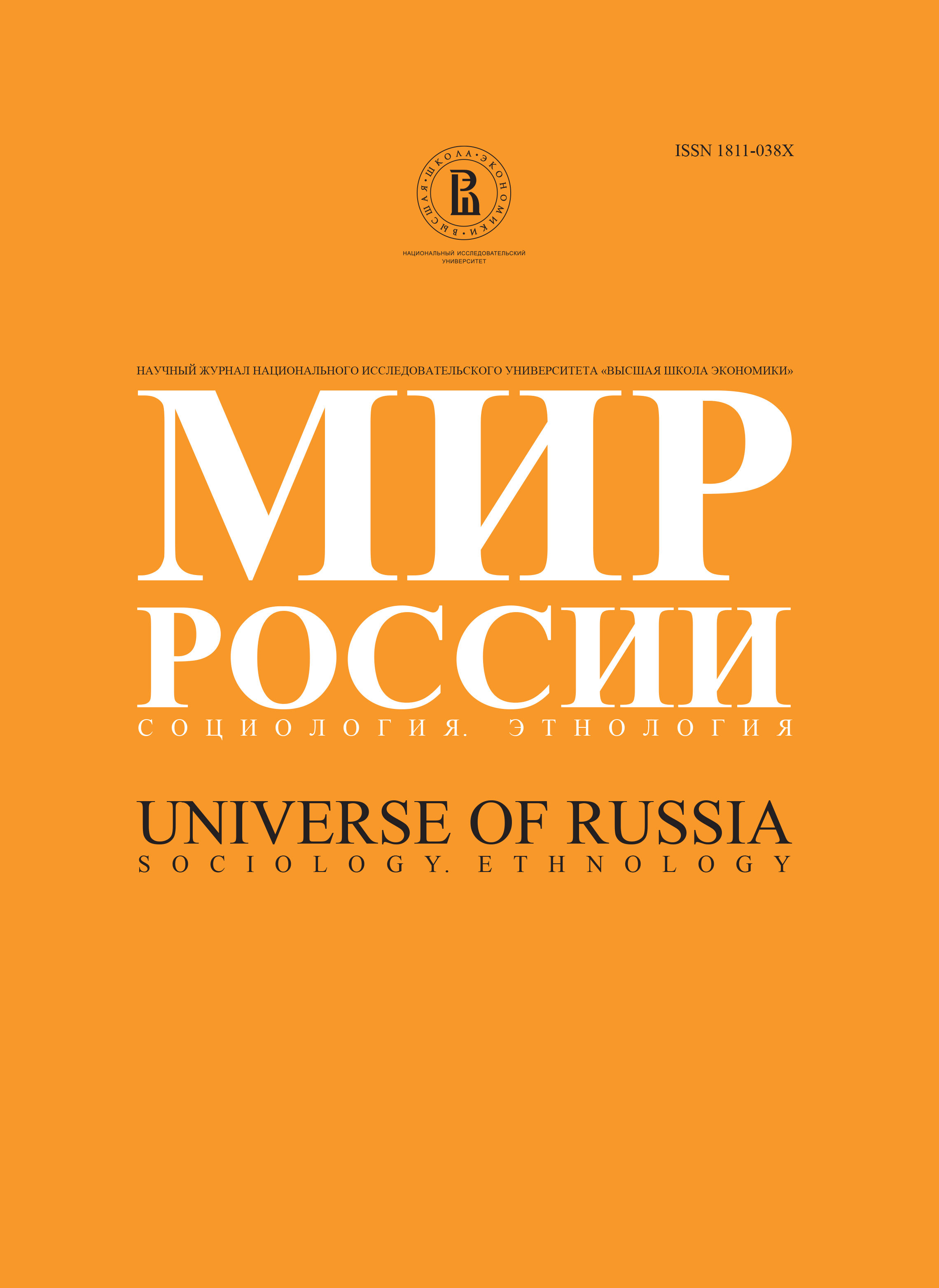Market And Transition Models Of Intermediary Behaviour
Abstract
Mediation in different special-purpose forms is an immanent feature of the market behavior and an objective function of everyone who enters market exchange. It is the universal factor of economic exchange, without which the latter wouldn't be possible. Within this framework we analyze the professional models of intermediary behavior. They are classified according to two criteria: a) by «depth of mediation», which is the level of mediator's penetration into efficient-economic activity of its clients and b) by the specialization of intermediary functions. The classification of the models of intermediary behavior based on these criteria allowed us to single out the following models: information and communicative, brokerage, representative, commission and dealer. The arbitral model has a special place in this list. The review of specific characteristics and functions of these models allowed us to formulate the definition of mediation, which according to our interpretation is the following. Mediation is an onerous form of the construction of market transactions and exchange of confidential information, which is institutionalized during the process of market evolution and was created by the traditional method. The second part of our article is devoted to the analysis of the origin of the institute of mediation in the conditions of Russian transition economy. In our research we rested upon official statistics and the hypothesis of the costs of mismatch between formal and informal institutes in the conditions of transition period, suggested by A. Oleynik. On the basis of these sources we give an interpretation of the main costs in the sphere of Russia transaction sector (mediators play an important role in the formation and functioning of this sector) and make the following conclusions. The transformation phase of Russian economy is characterized by the institutional vacuum, which generates lack of correspondence between formal and informal norms, including those in the system of intermediary (contract) relations. One of the causes of the contract arbitrariness, predominant in the transaction sector, is the «recombinant» form of property, which emerged in Russian economy in the transition period. We are speaking of a certain symbiosis of formal and informal institutional structures, which constitute mutually intertwined property relations, where it is difficult to separate share of private individuals, semi-private firms, public enterprises and the itself. Finally one can say, that the institutional conditions created as a result of liberalization, are the peculiar quasi-form. Behind it there lie real structures which serve the interests of many economic agents, who do not legalize their real economic status in view of uncertainty, high risk and other causes. This in its turn promotes the construction of such contract environment, which does not guarantee stability, profitability and duration of economic transactions, but on the contrary it increases the costs of economic agents. It concerns all the subjects of the market, including those who take part in the construction of transactions, i.e. mediators.






